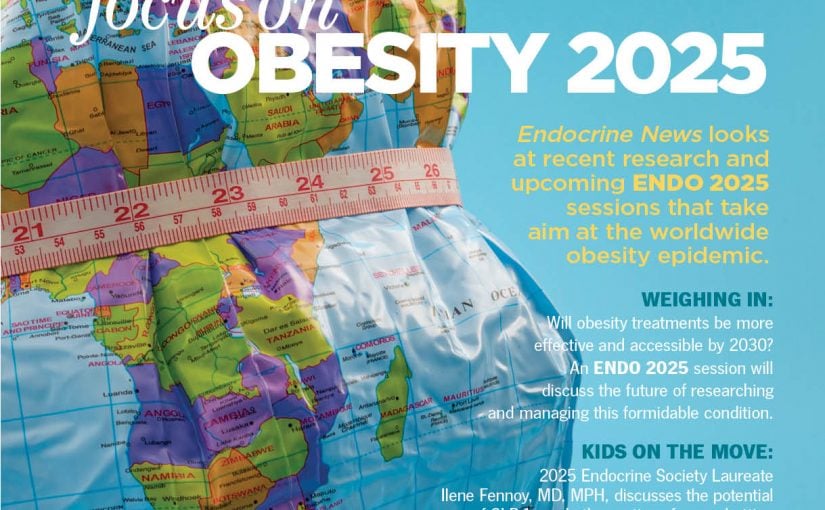Family truly is the tie that binds in so many ways. And nowhere is that adage more relevant than in the discussion of family history, genetics, inherited traits, and so on. In this month’s cover story, “Family History” (p. 9), Eric Seaborg takes a look at how advances in genetic testing have been vital in discovering some of the underlying causes of a variety of endocrine disorders. Seaborg writes that genetic tests can reveal the “inheritable component of a patient’s condition and can change the approach to treatment. The patient’s family can also benefit from this knowledge — or in some cases provide important information about a mutation’s actual effects.”
Associate editor Derek Bagley has authored an interesting and personal account of one man’s battle with the exceedingly rare disorder acromegaly. In “Straight Talk” on page 12, Bagley details radio personality Froggy’s ordeal with this disorder and how he’s using his name recognition to raise awareness. The Society’s Hormone Health Network has partnered with Froggy and Novartis for the Straight Talk Acromegaly campaign to help spread the word about this condition. “Once you’ve come so far,” Froggy tells Bagley, “the key is to be your own advocate. No one knows your body better than you do.” By the way, this feature is somewhat of a departure from the typical Endocrine News article, but prepare to see more of these in the future. It’s important to understand what patients go through in dealing with their endocrine disorders so that there can be “learning moments” gleaned from their — and their doctors’ — experiences.
According to Kurt Ullman’s article, “Team Spirit” (page 26), the business of medicine is something that a lot of physicians really don’t want to worry about. That’s why some doctors are giving up their private practices and joining a larger group or even a hospital. While there are a lot of pros and cons to both practice settings, Mary Witt, senior vice president for the Camden Group, a consulting firm in El Segundo, Calif., sums it up: “The complexities of running a medical practice have increased while reimbursements are going down and expenses trending up. Many doctors are wondering if it wouldn’t be best just to become an employee and focus on taking care of patients.”
Hopefully, by the time you receive this issue you’ve already made your travel plans for ENDO 2015 in San Diego March 5 – 8. Go to www.endo2015.com to register now if you haven’t already. See you in sunny San Diego!
Mark A. Newman,
Editor, Endocrine News

